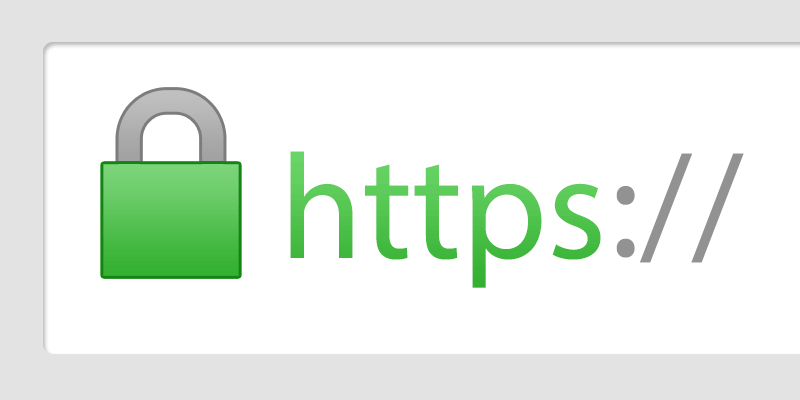Exploring the Relationship between the SEO Industry and Cybersecurity.
When a website advertises its security, HTTPS has been at the forefront of that advert. This misconception is down to Google naming HTTPS as a ranking signal and then implementing changes in the Google Chrome web browser that further pushed for the use of HTTPS. Despite Google’s views, HTTPS does not make a website secure.
But how does the SEO community feel about HTTPS?

During an SEO specialist’s initial audit of a website’s security, they usually look past the HTTPS. It is common to assume that HTTPS secures a website; however, an SSL certificate will only secure a connection and encrypt data in transit. As a website owner, you should know that it is not an SEO specialist’s job to inform you about the security of your website unless stated beforehand. That is not to say that they do not have the required skill set to advise you correctly. They may even have the tools at their disposal, such as CyberScanner or Detectify.
As part of assessing the security of a website, the individual performing SEO should be aware of any hacking attempts. It is possible to understand a hack has happened from Google warning. It would still serve a website owner well to be upfront about any previous hacking attempts to their site, successful or not. An SEO specialist may be able to use the impression data to deduce the type of hacking attack. Some forms of attacks, such as malware or phishing, will require specialist tools.
But how does website security affect your SEO ranking for an organic search?

The simple answer is that it will have a considerable effect. It is not impossible to recover, but your search engine optimization will take a hit after your website suffers a hack. The type of hack will decide for how long you will feel the effects.
First, you need to identify the source of the hack, which, if your site has a large amount of traffic, can take a while. The consensus is that, in terms of time, from the point of hacking to full recovery can take between a few weeks to a few months.
All of this talk of cybersecurity brings us to the GDPR or General Data Protection Regulation. Companies in Europe have already witnessed the effects of the regulation. They have had to reconsider how they handle data. However, the general opinion of the SEO community is that U.S. based companies have no preparation for such an act. Larger businesses who work in EU countries had no choice but to change their data protection systems. Smaller companies who trade solely in the U.S did not have to make any changes. If the laws did change, those same companies might be caught unaware and without the funding to implement changes. There is no excuse for an EU company not to be compliant with the GDPR. It does not matter who you feel the fine should fall too if a company does not adhere to the regulations. No matter if it is the IT specialists of your company or the shareholders’ fault for lack of compliance, the fine will hit the business as a whole.
SEO and Cybersecurity Go Hand in Hand.
SEO and the security of a website go hand in hand. Failure to guarantee the security of a website can and will affect how it ranks on search engines. An SEO specialist can advise though a dedicated professional should be employed to probe for any weaknesses in your website. It is possible to work with an agency that offers both of these services in one package. At the same time, if you are not already, the same agency can help you become compliant with the GDPR or at least prepare for a similar regulation if U.S based.

